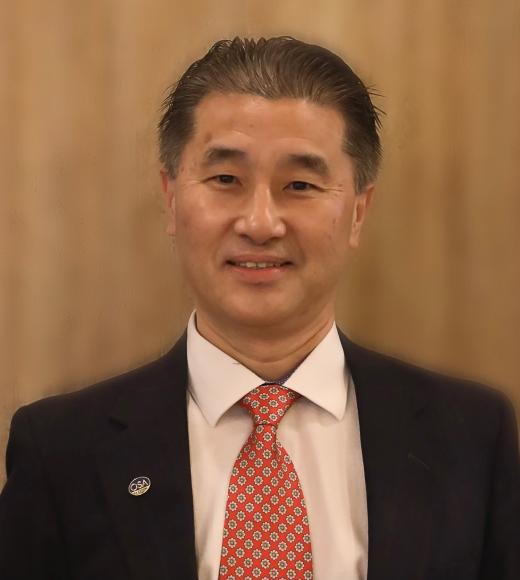
Position Title
Distinguished Professor
Research Interests:
Professor Zhu joined the Physics Department in 1989. His research activities are focused on development and application of optics-based techniques to investigation of structures and processes on the surface and in the interior of solids such as magnetism, mass transport, material growth/removal, and biomolecular interactions. Recent interests are (1) time-reversal symmetry breaking effects in unconventional materials, - studies of magneto-optic effects in unconventional materials such as topological solids, chiral charge-density-wave compounds, chiral/time-reversal-symmetry-breaking superconductors, ferromagnetic and antiferromagnetic crystals exhibiting novel anomalous Hall effects; (2) simultaneous detection of over 10,000 biomolecular binding reactions on solid support, - high-throughput characterization of kinetics and functionality of biological molecules using oblique-incidence reflectivity difference and interference microscopes.
Time-reversal symmetry breaking effects in unconventional materials
Magnetism and time-reversal symmetry breaking effects in general are among fundamental properties of materials. Interests in new magnetic phases and spin transport in materials drive and expand the field of magnetism. Since time-reversal symmetry breaking effects reveal themselves through magneto-optic effects in response to the mean and gradient of electromagnetic fields, Professor Zhu’s group develops a range of magneto-optic probes and investigates these effects. The current work is focused on zero-area Sagnac interferometric scanning microscopy for studying anomalous Hall effects (AHE) and magneto-electric effects (ME) at optical frequencies in ferromagnets (FM), antiferromagnets (AFM), and unconventional superconductors.
Simultaneous detection of over 10,000 bio-molecular binding reactions on solid support
Based on measurements of oblique-incidence reflectivity difference (OI-RD), Professor Zhu’s group developed a platform that simultaneously detects over 10,000 distinct bio-molecular binding reactions on the surface of a solid support. It enables highly parallel, comparative studies of the interaction between a DNA fragment or a protein molecule or a viral particle or a bacterium and a vast number of molecular targets in compound libraries from National Institutes of Health, National Cancer Institute, and commercial vendors. The platform promises to advance genomic and proteomic research and discovery of new drugs. More recently, Professor Zhu’s group is developing oblique-incidence interference-based scanning microscopes for studying functionality changes in protein or DNA molecules when they are modified at or by single bases.
Research Areas
- Condensed Matter Experiment
- Quantum Optics
- Optical Physics
Career History
- Ph.D., University of California, Berkeley, 1989
- Assistant Professor, University of California, Davis, 1989-1993
- Associate Professor, University of California, Davis, 1993-1998
- Professor, University of California, Davis, 1998-Present
Honors
- Fudan Fellow, Fudan University, 2018
- Fellow, Optica (fomerly known as Optical Society of America), 2011
- Fellow, American Physical Society, 2007
